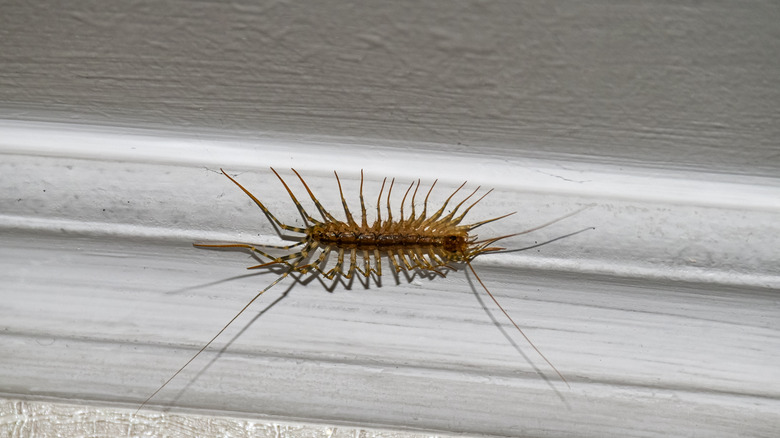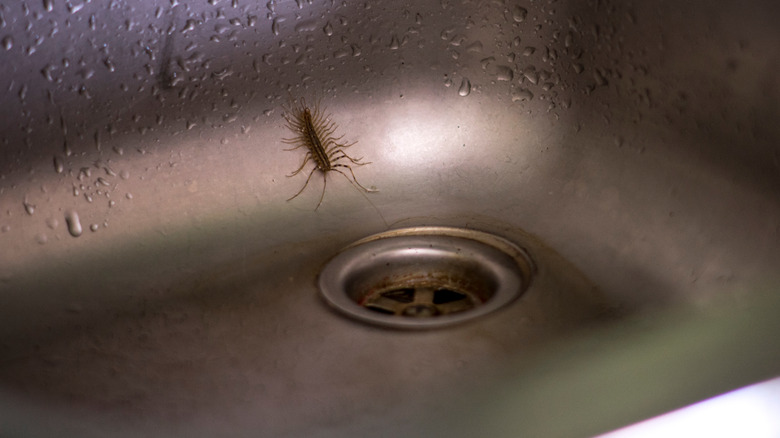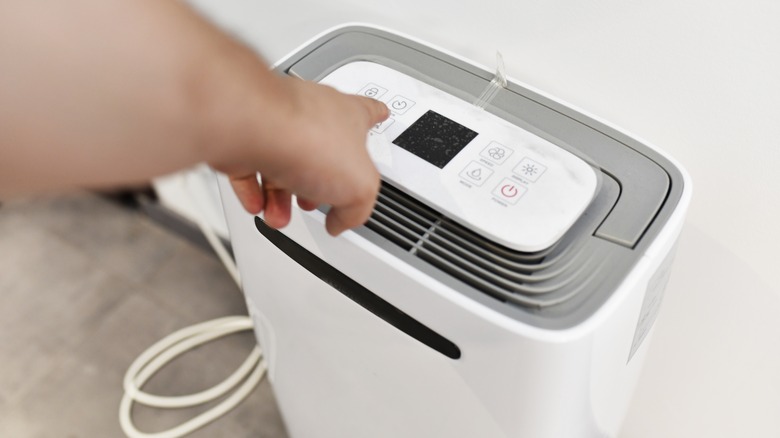Areas Of Your Home And Garden That Might Be Attracting Centipedes
Have you noticed a centipede in your home? Don't panic, but there are probably more wherever this creature came from. Since these critters are nocturnal, you may have an infestation on your hands but not see which part of your home or garden they're congregating in. Luckily, understanding centipedes' preferred living conditions can help you find their colonies and begin the elimination process. And in most cases, you'll find these creatures in areas like the crawl space, basement, utility room, bathroom, kitchen, and around indoor and outdoor plants. They will enter the indoor areas through any openings in the home's exterior, like poorly sealed doors, windows, and utility openings, as well as crevices in the home's foundation.
Before you attempt evicting centipedes from your home and yard, you need to understand what draws them there in the first place. You may be able to remove some of the sought-after conditions that make your home so inviting to these pests. Below, we explain why centipedes are so enchanted with specific parts of your property, and how to effectively eliminate them from these spaces.
Home and garden conditions centipedes just can't resist
The reason centipedes are attracted to certain parts of your property is that they favor the conditions present there. Most of all, centipedes are enticed by damp, humid habitats. Outdoors, this could mean the space beneath your deck, the storage shed, or the shadier, soggier parts of the garden. Indoors, centipedes' love for moisture drives them to unenclosed crawl spaces and basements. Unenclosed crawl spaces are moisture-magnets because they're exposed to soil, which accumulates water after periods of rain. All this sogginess, coupled with a lack of light are attractions visiting centipedes cannot resist.
Rich sources of food are another big draw for the predaceous centipedes. They'll invade any spaces that give them easy access to yummy (and protein-rich) insects and spiders. This behavior means that any part of your indoor or outdoor garden is fair game for these pests, since the plants there attract herbivorous insects. That said, centipedes will ransack other parts of the home if an amenable food source is present there. For example, you may find them in the kitchen, where they'll be snacking on cockroaches and pantry insects like grain beetles or moths. Likewise, common house pests that you might find lurking in bathrooms and toilets, like ants, silverfish, and spiders, are a delicious treat for centipedes, so you might find them in those areas as well.
How to prevent centipedes from entering your home or garden
Getting rid of conditions that form centipedes' preferred habitat is a proactive step toward keeping these pests away from your property. But, alas, you may find it challenging to eliminate every single environmental factor a centipede likes. Deciding to encapsulate a crawl space can be a prohibitively expensive option. Likewise, there isn't much you can do to banish moisture from your garden — not if you want the plants to stay healthy, anyway.
That said, you can reduce the humidity levels in your home by using dehumidifiers or fans in order to make the space more uninviting for these moisture-loving critters. Treating any openings or cracks that may allow in centipedes is a good move as well. This will also help to get rid of centipedes' preferred food sources, i.e. other insects. In the garden, stick to eco-friendly insect repellent techniques that will not harm beneficial insects or contaminate edible plants with toxic chemicals. Any time you spot a centipede in the house, just vacuum it up. The same tactic works on centipede eggs — tiny, white pouches you may stumble on in wet, poorly lit parts of the home, like crawl spaces or utility rooms.



